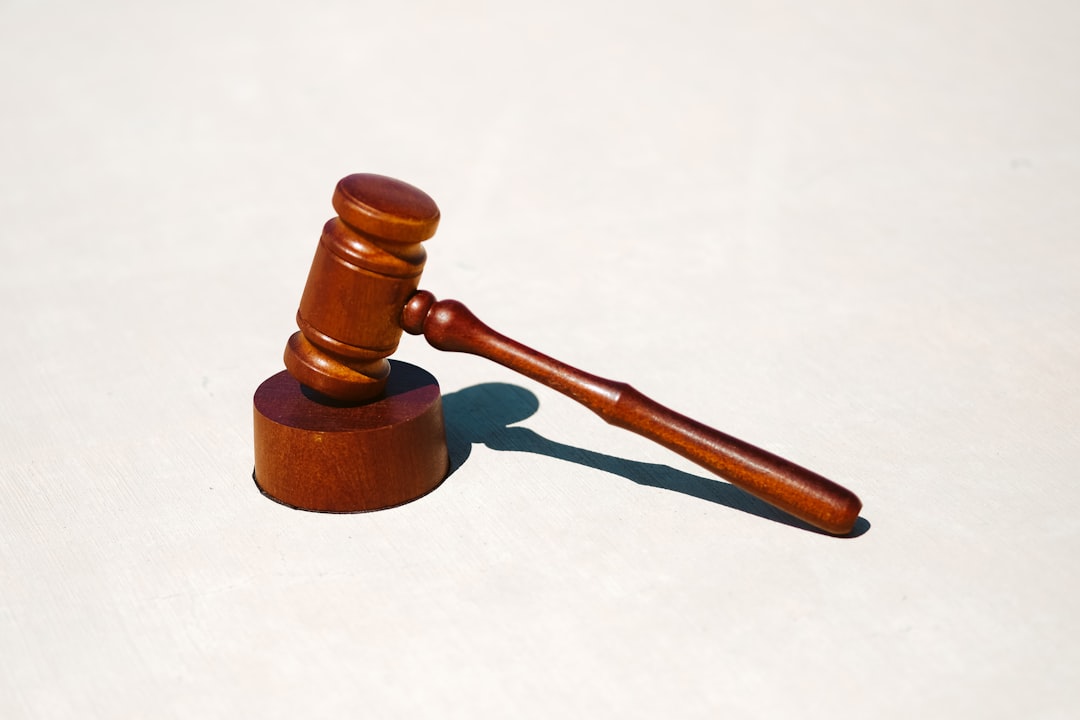
Filing for bankruptcy can feel overwhelming and confusing. Fortunately, if you live in Northern Virginia, you have options to explore with the help of a Chapter 7 bankruptcy attorney. Chapter 7 bankruptcy is a type of bankruptcy that allows for a fresh financial start by discharging most unsecured debts.
So, what exactly is Chapter 7 bankruptcy, and how can an attorney help you through the process? Here are six things you should know before filing for Chapter 7 bankruptcy in Northern Virginia.
First, Chapter 7 bankruptcy is also known as liquidation bankruptcy. This means that certain assets may be sold in order to pay off creditors. However, it’s important to note that not all assets are subject to liquidation. In fact, Virginia has some of the most generous exemptions in the country. An experienced Northern Virginia Chapter 7 bankruptcy attorney can help you understand which of your assets are exempt and which are not.
Second, not everyone is eligible to file for Chapter 7 bankruptcy. Eligibility is determined by a means test, which compares your income to the median income in your state. If your income is above the median, you may still be eligible for Chapter 7 bankruptcy, but it will require additional analysis. A Chapter 7 bankruptcy attorney can help you understand the means test and determine your eligibility.
Third, filing for Chapter 7 bankruptcy will immediately stop most collection actions, including phone calls and letters from creditors, wage garnishments, and lawsuits. This is known as the automatic stay. While the automatic stay is in effect, creditors are not allowed to take any additional collection action. It’s important to note that some debts, like child support and certain taxes, are not subject to the automatic stay.
Fourth, while Chapter 7 bankruptcy can discharge most unsecured debts, it cannot discharge all types of debt. Some examples of debts that cannot be discharged in Chapter 7 bankruptcy include certain taxes, student loans, and some types of fines and penalties. An experienced Chapter 7 bankruptcy attorney can help you understand which debts can be discharged and which cannot.
Fifth, filing for Chapter 7 bankruptcy can have an impact on your credit score. However, many people who file for Chapter 7 bankruptcy already have a low credit score due to missed payments and other financial struggles. Bankruptcy can actually provide a path to rebuilding credit, as it eliminates many debts and allows you to start fresh. Your Chapter 7 bankruptcy attorney can help you understand how bankruptcy will impact your credit score and how you can rebuild credit after bankruptcy.
Finally, filing for Chapter 7 bankruptcy is not a decision to be made lightly. It’s important to explore all of your options before filing for bankruptcy, including debt management plans and consumer credit counseling. An experienced Northern Virginia Chapter 7 bankruptcy attorney can help you explore all of your options and make an informed decision about whether bankruptcy is right for you.
In conclusion, Chapter 7 bankruptcy is a viable option for those experiencing financial difficulties and seeking a fresh start. However, it’s important to understand the nuances of the process and work with an experienced Northern Virginia Chapter 7 bankruptcy attorney to make informed decisions about your financial future. If you’re considering bankruptcy, reach out to a trusted attorney today to explore your options.